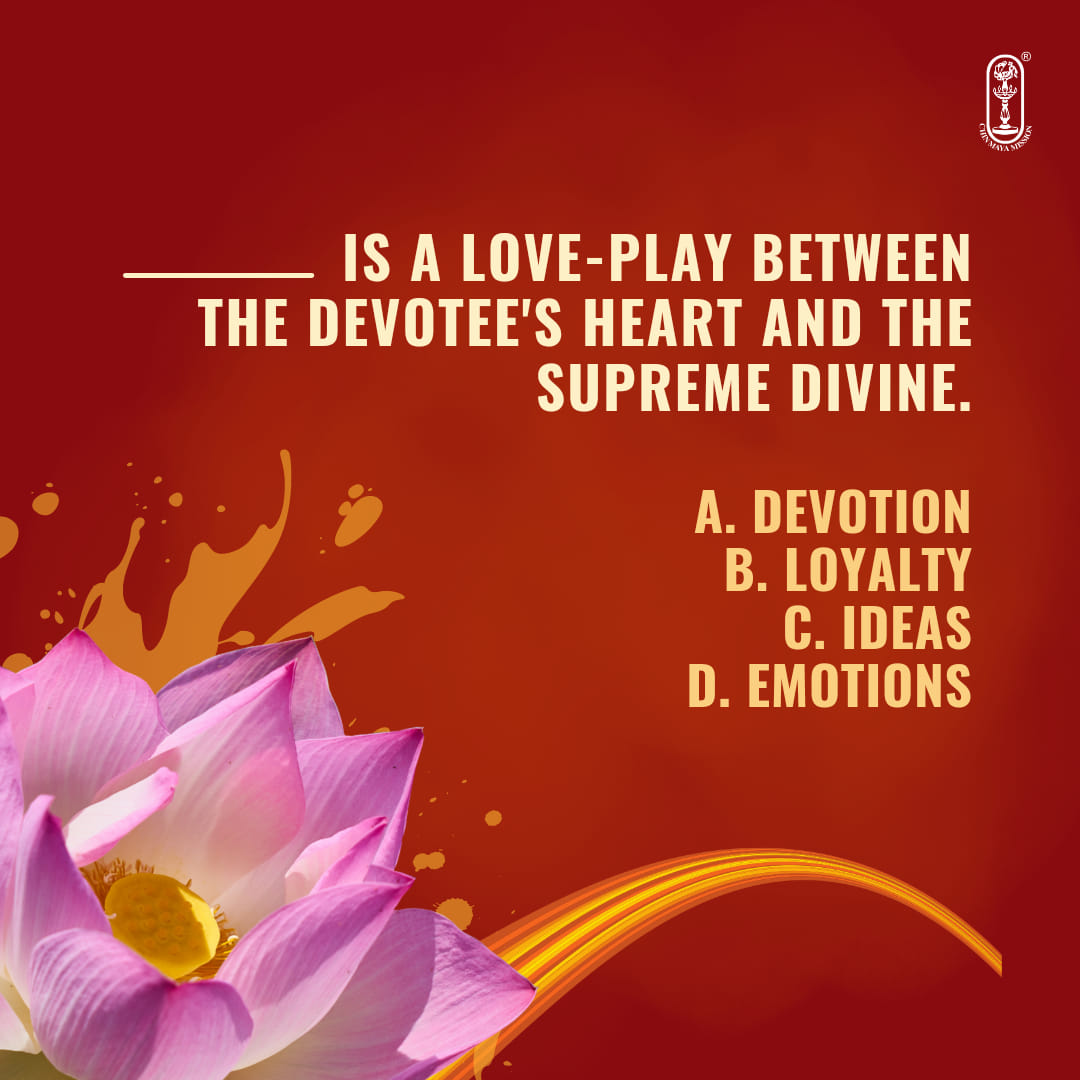Resurgent Culture -Discourse -2.1 - Swami Krishnananda.
==============================================================
=============================================================
Monday, March 01. 2022. 6:00.AM.
Discourse 2: The Psychology of the Inner Man-1
=============================================================
1.Relativity of Perception :
We noticed that our essential Self is the highest reality. Even doubt and denial of it really affirm it. In our ordinary external life we are prone to believe that our eyes are the seers of objects. This is the uncritical opinion of the common man. But it is not difficult to perceive that the eyes by themselves have not the power to know things independently. The matter comes into high relief in the states of dream and deep sleep, when, even if the eyes be kept open, nothing external can be seen or observed. No sense-organ seems to function in these states. The ears, even if they are kept open, cannot hear sounds. If we place a few particles of sugar on the tongue of a sleeping man, he will produce no reaction and have no taste of it. The very existence of a body is then, for all practical purposes, negatived. The reason, as you will immediately understand it, is that the mind in these two states is withdrawn from the body and maintains no contact with the senses of knowledge. When the mind pervades and activates the senses, they seem to work as intelligent agents of knowledge. But then they are deprived of relation with the mind, they lose all their value. The mind is the real perceiver, and to it even the sense organs, such as the eyes, stand in the position of objects.
But deeper analysis has shown us that even the mind has an objective character, inasmuch as it is seen to be deprived of all life in the states of swoon and deep sleep. It is intelligent when it is awake but non-intelligent when it is made to wind up and adjourn its activities. A consciousness higher than the mind enlivens it and gives it meaning. The mind is a psychological organ, not a metaphysical principle. It is on account of the relative activities of the mind that we have a diversity of experience in the world. It is the mind that creates a gulf between the objects and our reactions to them, between existence and value. This distinction is made not only in respect of the things of the outside world but also the different aspects of our own personality, viz., the physical body made up of the five gross elements—earth, water, fire, air and ether-; the vital body consisting of the vital forces and the organs of motor activity; the mental body consisting of the faculties of understanding, feeling, willing, memory and the like, together with the five senses of perception; and a primal causal element which is experienced by us in the state of deep sleep. For purpose of simplicity we may use the term mind to designate all the psychological functions together. The manner in which the external world is felt by the mind is very much dependent on the latter's constitution and inherent shortcomings.
The above thesis is amply demonstrated in the several experiences of our daily life. Take for example a mother's attitude to her son. It appears that the son of an old mother had to go abroad on military service and did not return home for several years. A rumour seems to have been spread that the son passed away in a foreign land, and the shocking news broke the heart of the mother. The fact, however, was that the news was unfounded and the son was alive. Just imagine the situation wherein the condition of the son is the cause of psychological experience by the mother. It is not that the health and the life of the son is the cause of the happiness of the mother, for, if that were so, the mother, in the instance cited, ought to have been happy, because nothing untoward had actually happened to the son. Nor can it be said that the sorrow of the son, or even his death, is the cause of the sorrow of the mother, for the mother would have been quite happy even if the son were dead, if only that news would not reach her.
What, then, is the central pivot of a conscious experience?
Not so much an external object or an event as an internal feeling and a reaction.
****
Next : 2.Life a Process and Activity :
To be continued ..
================================================================







Comments